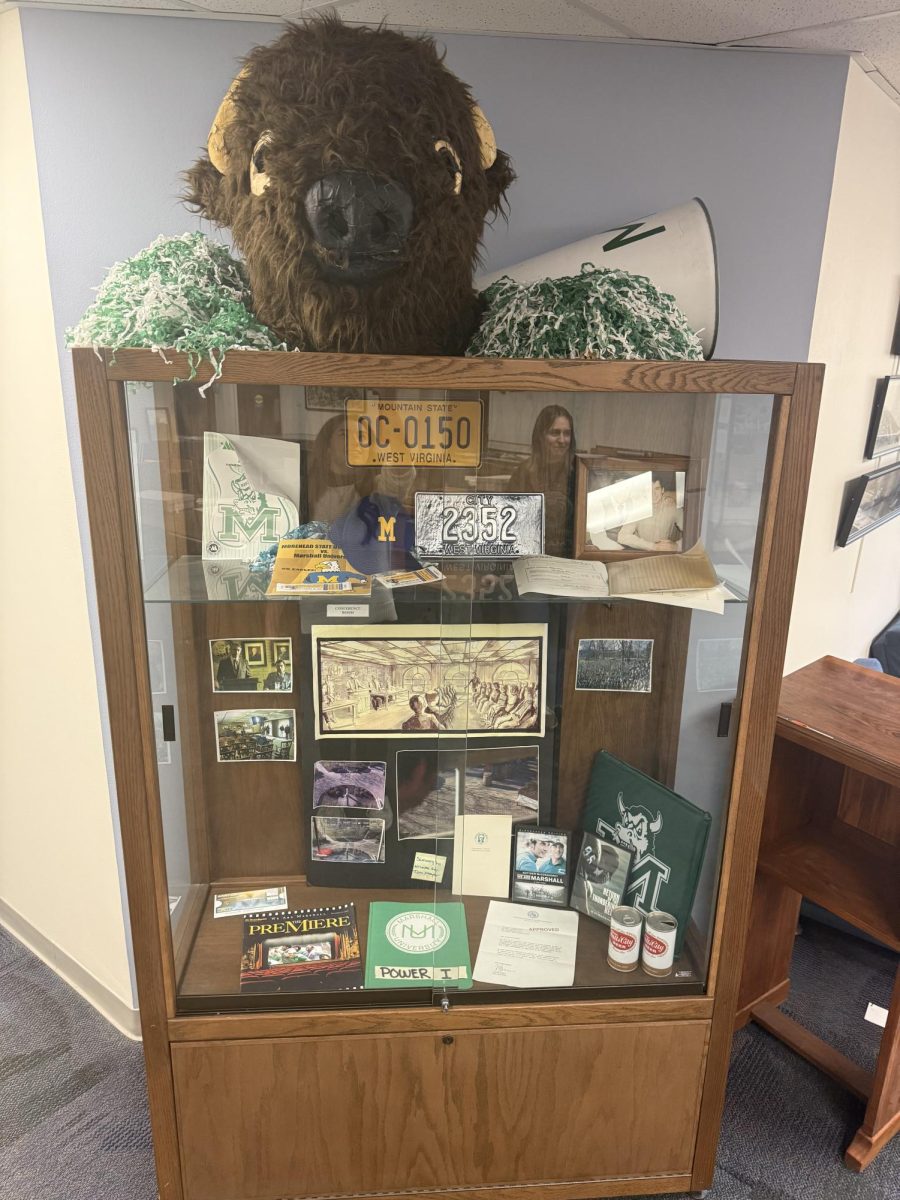Abortion Protests Erupt on Campus Again
Students counter protesting the pro-life demonstrators.
April 19, 2023
CONTENT WARNING: Graphic images below
Chanting and singing echoed across campus as counter-protesters came together to oppose the message and graphic images displayed by pro-life campaigners on Monday, April 17, marking a two-day demonstration.
The images used by the anti-abortion group, Center of Bio-Ethical Reform, included photos that claimed to be aborted fetuses, images of the Holocaust and depictions of the a massacre of Native Americans with captions comparing abortion to genocide.
“Abortion destroys a million of human beings every single year, so we identify it as a genocide,” said Jacinta Robin, media spokesperson for the Center of Bio-Ethical Reform. “We don’t know what else to call it with numbers so high.”
The pro-life group, based out of California, travels across the country, often displaying these images on public college and university campuses.
“We believe that abortion decapitates and dismembers a child,” Robin said. “We want the public to see that.”
The demonstration was met with counter-protesters led by the Marshall University Appalachian Liberation Collective, a student organization that hosted a sign-making party for counter-protestors and offered free condoms, Plan B and fentanyl test strips to students.
“We’re showing them that this is our campus, and they’re not welcome here,” said the community organizer with the collective who goes by the name E. ”I think it’s disgraceful that they would display these very violent and misleading images to children.”
This demonstration comes just months after the U.S. Supreme Court’s decision to overturn Roe v. Wade and the resulting abortion bans that have swept across the United States, including West Virginia.
“They are also kind of rubbing it in our faces,” E said. “This is a state where abortion is illegal now, and I think this is not only redundant but also mean-spirited and cruel.”
The pro-life demonstrators also compared abortion to the Battle of Wounded Knee, a massacre of nearly 300 Indigenous people in South Dakota in 1890 by the U.S. Military, a comparison that E said is insensitive to Indigenous students.
Alongside the counter-protesters, the University’s Women’s and Gender Center set up a table to provide support, resources like condoms and informative pamphlets and information to students near the demonstration.
“The Women’s and Gender Center, and centers like it on campuses all over the state, are really important for being able to give resources,” said Krys Smith, member of the Women’s and Gender Center and Appalachian Liberation Collective. “So many of these graphic, gory images, they do that to get outrage. It is how they gain a profit.”
“They have a significant record when it comes to suing the pants off of people as soon as someone touches their things or does anything against them that could solicit any sort of case they could figure out,” they said.
“They know they won’t change our minds, but if they can radicalize someone on the fence, that’s huge,” Smith said.
This marks the second pro-life group to visit the campus this month with the Columbus, Ohio, group Created Equal visiting the campus on March 5. The demonstration also drew a significant number of counter-protesters on campus.
“We have to have hope and give each other hope,” E said. “As long as we keep this solidarity going, we will win in the end.”














